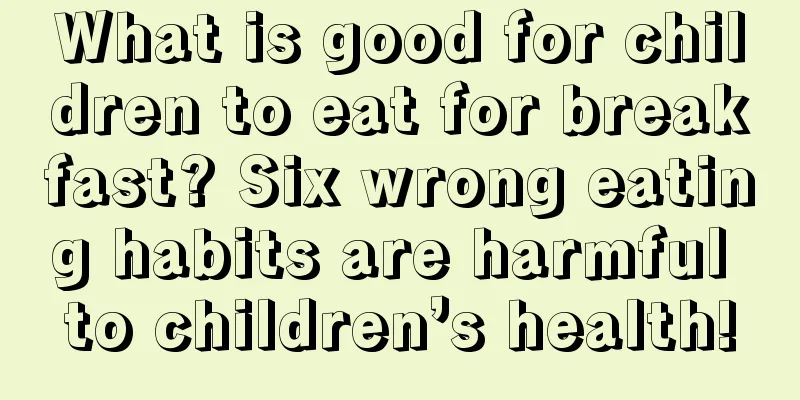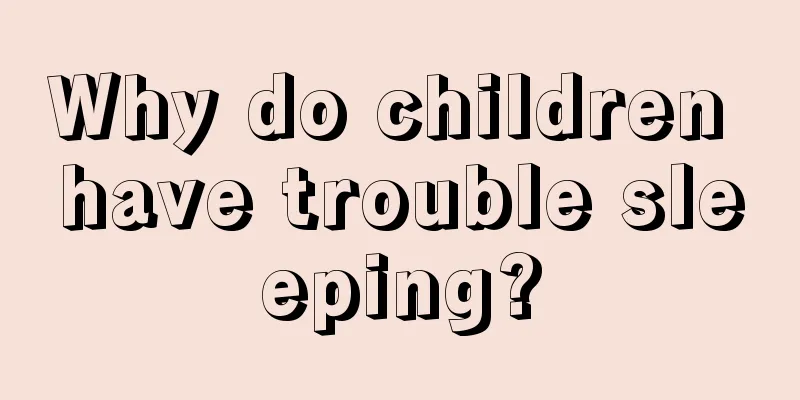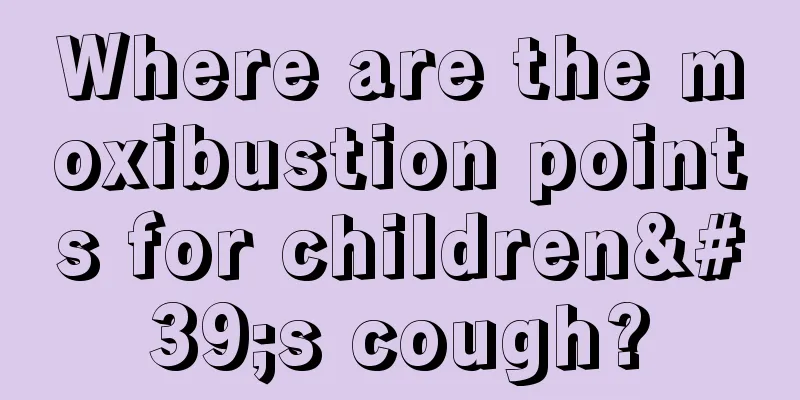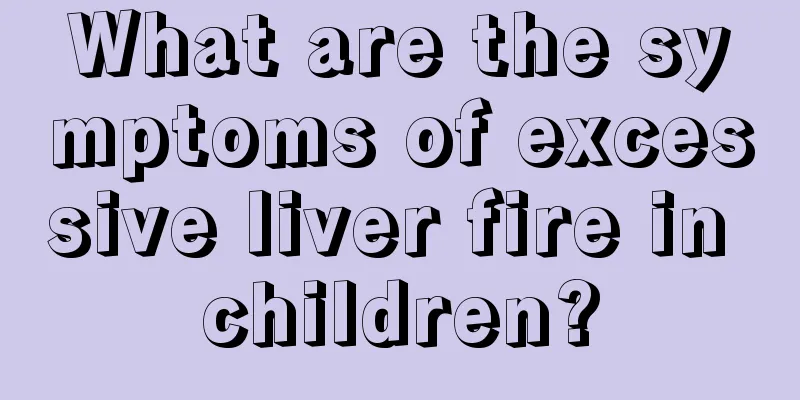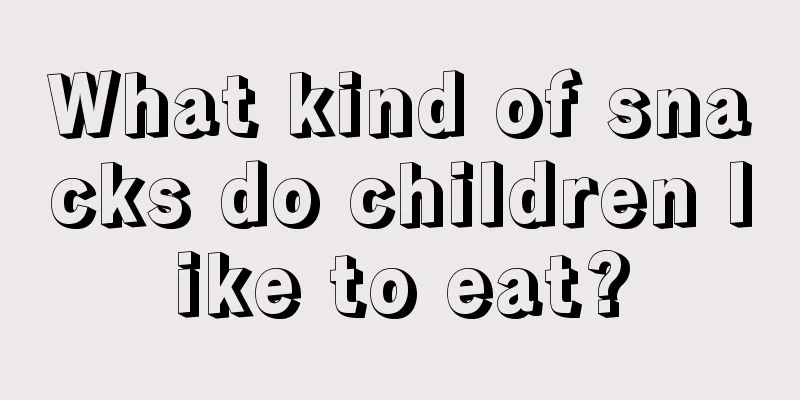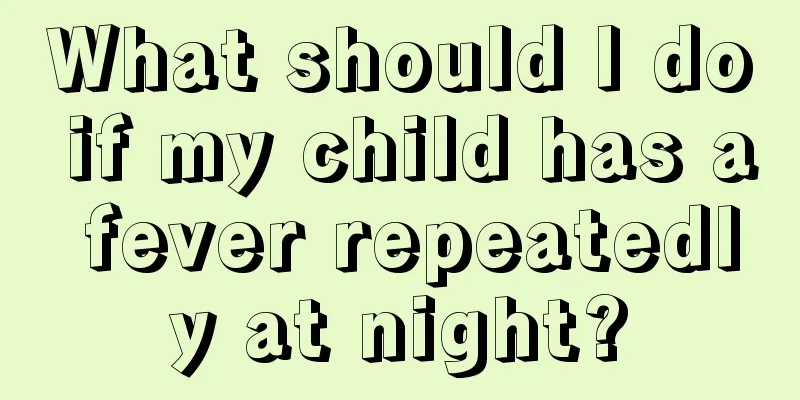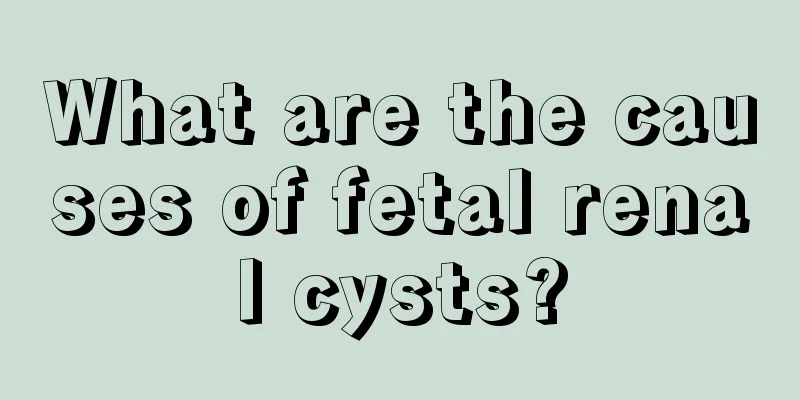What are the symptoms of congenital cerebral palsy in children

|
Every family hopes to have a healthy and happy baby, but not every family can get what they want. Some families' children are born with congenital diseases, which is really a big blow to their parents. Do you know about some congenital diseases? Today we will take a look at the symptoms of congenital cerebral palsy in children. (1) Motor disorders: Children with cerebral palsy have lower motor skills than normal children of the same age, and their motor self-control ability is poor. In mild cases, the hands and feet are only slightly inflexible or clumsy. In severe cases, the hands cannot grasp things, the feet cannot walk, and they may have pointed feet (heels do not touch the ground) or walk with their legs crossed. Some children cannot even turn over, sit up, stand, or chew and swallow normally. (2) Postural disorders: Children with cerebral palsy have abnormal postures and poor posture stability. They have awkward postures when exercising or at rest, and their left and right sides are asymmetrical. In some severe cases, the head cannot be in a vertical center position like that of normal children, but tends to lean to one side, or sway left and right, front and back. (3) Intellectual disability: Among all children with cerebral palsy, about 1/4 have normal intelligence, about 1/2 have mild or moderate intellectual disability, and about 1/4 have severe intellectual disability. (4) Language disorders: Most children with cerebral palsy may have varying degrees of language disorders, some of which manifest as difficulty in expressing or forming words, some of which manifest as unclear pronunciation or stuttering, and some of which manifest as aphasia, that is, they can understand other people's language but cannot speak themselves. This situation is particularly common in children with athetoid cerebral palsy. (5) Visual and hearing impairment: Many children with cerebral palsy have myopia or strabismus, among which esotropia is the most common. Hearing loss is more common in athetoid cerebral palsy. Children with cerebral palsy often have difficulty distinguishing the rhythm of sounds. (6) Growth and development disorders: Some children with mild cerebral palsy may have basically or nearly normal growth and development, but most children with cerebral palsy are shorter than normal children of the same age and their growth and development appear to be retarded. (7) Tooth development disorder: Most children with cerebral palsy have poorly developed teeth, loose teeth, and are prone to tooth decay. The incidence of various dental diseases is higher than that of normal children. (8) Oral and facial dysfunction: Some children with cerebral palsy have obvious spasms or uncoordinated contractions of their facial and tongue muscles. This can cause children to have difficulty chewing and swallowing, difficulty closing their mouth, and drooling. The above are some symptoms of congenital cerebral palsy in children. The occurrence of cerebral palsy is related to genetic inheritance and lack of attention during pregnancy. Therefore, mothers are warned to go for regular check-ups during pregnancy to prevent the occurrence of some problems as much as possible. We also hope that children with congenital diseases will not give up treatment. Persistence is victory. |
<<: What are the causes of cervical spondylosis in adolescents?
>>: What's wrong with children's eye mucus?
Recommend
What should children with kidney deficiency eat?
Kidney deficiency is a common phenomenon in daily...
Children's foreskin swelling
Many children wear open-crotch pants when they ar...
5 key points to keep in mind when caring for your baby girl's private parts
The biggest characteristic of girls' sexual o...
What are the symptoms of roundworms in children?
When children come into contact with some unclean...
Tips for growing baby eyelashes
How to make your baby's eyelashes grow longer...
Why does the child drool all the time?
Children have no sense of independence and often ...
What should I do if my baby has blisters on his tongue?
I believe many parents have had this experience: ...
How to pronounce "tooth"Use "tooth" in a sentence
Many children will encounter many problems during...
What causes redness and swelling of the glans in children?
Parents often find that their children always hav...
How many months is the best for a child to learn to walk?
Babies usually learn to walk when they are one or...
What is going on when my child has white spots on his fingers?
White spots on children's fingers may be caus...
What to do if your baby has a cold, cough and runny nose
In addition to timely treatment for babies' c...
How to treat white mouth sores in babies
If parents find that their baby is crying incessa...
Can epilepsy in children be cured?
Epilepsy is a relatively common disease and also ...
How to deal with facial abrasions in children
If a child has a serious facial abrasion, he or s...
